Chad
A field hospital run by refugees in a camp in Chad is saving lives of those who have fled the brutal fighting in Sudan’s Darfur region.
Run by other doctors who escaped the violence, volunteers inside a small tent treat diseases like malaria and other health conditions.
Dozens of refugees wait to see a doctor outside the tent, which is managed by a group of volunteers from Geneina, the capital of West Darfur.
Ayman Abdallah Mousa, a doctor who volunteers at the clinic, said that malaria cases have kept the field hospital busy, but so have untreated chronic illnesses such as diabetes.
“Geneina hospitals collapsed two, three months ago,” he said.
“So they all lost basic medical care. So more than 30% of those coming to the clinic have chronic medical problems," he added.
The United Nations has warned that Sudan’s conflict has created a “humanitarian emergency of epic proportions,” with lack of food causing malnutrition.
Lack of basic services have also resulted in numerous preventable deaths.
Medical facilities have been targeted and looted.
Although grateful for the hospital, Mahassen Abdallah, a Sudanese refugee, said women currently lack access to a gynaecologist.
Another Sudanese refugee, Eissa Adam Eissa, was displaced by the war from Geneina to Adre in Chad, and said "we can’t go back, and we don’t have medical care here.”
Sudan was plunged into chaos in mid-April when months of simmering tensions between the military, led by Gen. Abdel Fattah Al-Burhan, and the paramilitary Rapid Support Forces, commanded by Mohammed Hamdan Daglo, exploded into open fighting in the capital of Khartoum and elsewhere.
The fighting is estimated to have killed at least 4,000 people, according to the U.N. human rights office, though activists and doctors on the ground say the death toll is likely far higher.
More than 4.3 million people have been displaced, including some 3.2 million within the country, according to the U.N. refugee agency.




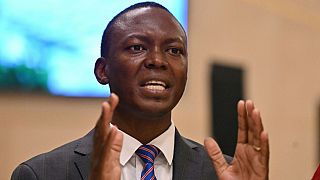
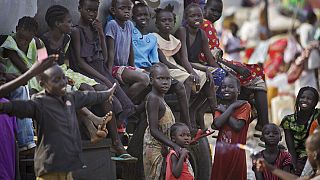
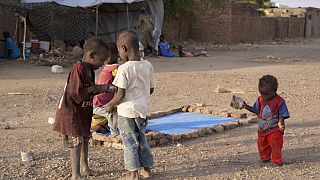
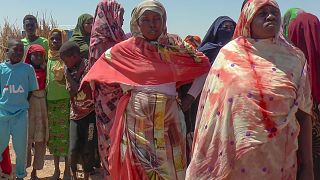

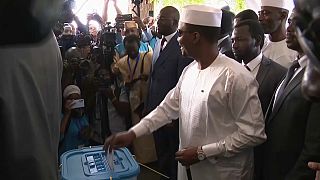



02:35
Sudanese Refugee Children Find Hope in Libyan School
01:06
Sudan: Thousands flee, more remain trapped in RSF attack on Darfur camp
01:05
Sudan: fire in Darfur refugee camp destroys 50 houses, no casualties reported
Go to video
Sudan: Rapid Support Forces leader announces rival government
Go to video
Two years into war, Sudan faces a humanitarian crisis of massive proportions
02:00
Two years of war in Sudan: international conference aims to bring relief to suffering population